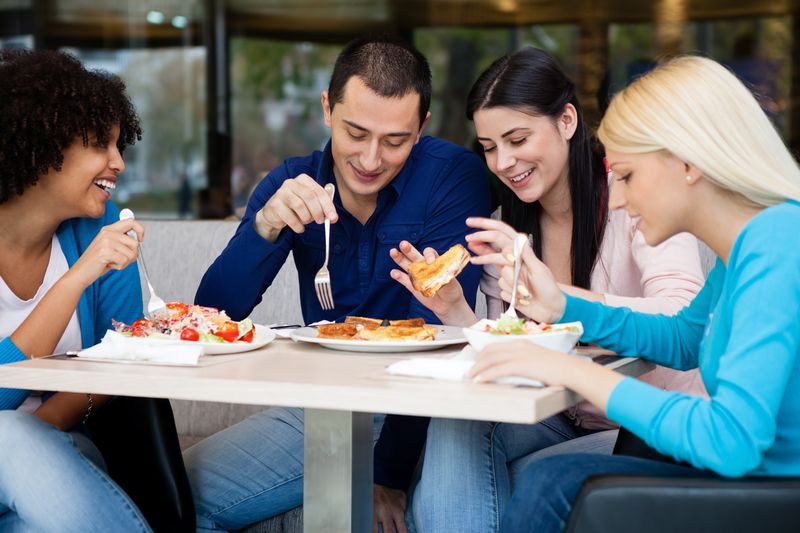Running a Sustainable Catering Operation
Matt White, Chair of The University Caterers Organisation (TUCO), looks at the approaches higher and further education institutions are implementing to reduce the environmental impact of catering outlets.
For more information on TUCO, please visit: https://www.tuco.ac.uk/
[i] First-year attitudes towards, and skills in, sustainable development, Elizabeth Bone and Jamie Agombar, The Higher Education Academy 2011. https://www.heacademy.ac.uk/assets/documents/sustainability/FirstYearAttitiudes_FinalReport.pdf
[ii] https://www.tuco.ac.uk/images/TUCO_Footprint_Issue.pdf
“We are very proud to once again be sponsoring the Green Gown Awards. It is imperative that the higher and further education sector continues to look for new ways to drive sustainability and it’s inspiring to see the incredible steps this year’s finalists are making in this area.
“Students are among some of the most environmentally-minded individuals in our society and research shows that over 80% of students believe sustainable development should be actively incorporated and promoted by universities[i]. This presents both a challenge and opportunity for the catering departments to tap into this consumer demand, while also making strides to meet sustainability goals.
“At TUCO, supporting and sharing sustainable best practice forms a large part of what we do and I’m continually impressed by the innovation and commitment we see each year from the Green Gown award entries. From working with an increasing number of local suppliers and involving students in food waste schemes, to empowering staff to take the lead on sustainable products and implementing pricing bands to encourage use of reusable coffee cups, higher and further education catering departments are making huge strides to reduce their impact on the environment.
“In particular, we’re seeing a number of policies put in place to help tackle food waste, which is one of the biggest issues facing the education sector – costing on average £250 million a year.[ii] These include systems where students scrape their own plates into a bin area with a food waste-only stream and offering different size meal portions. Processes such as these help to make the student population more aware of their waste levels, without telling them what to do – a method which doesn’t tend to go down well!
“We’ve also seen universities putting in place a variety of back-of-house protocols aimed at reducing food waste levels, such as having a food weighing procedure to control and influence menu planning and ordering. Other concepts include reducing the size of service plates and batch cooking closer to serving time to help determine customer demand.
“It’s fantastic to see so many examples of sustainability programmes coming to the fore within the higher and further education sector. This is an area that is ever evolving, with new legislation, technology, suppliers and initiatives continually emerging. For HE and FE caterers, where time is a precious commodity, the key to running a sustainable organisation is collaboration. By working together as an industry and sharing best practice, through accolades such as the Green Gown Awards, universities can continue to lead the way and set the sustainable benchmark.”
For more information on TUCO, please visit: https://www.tuco.ac.uk/
[i] First-year attitudes towards, and skills in, sustainable development, Elizabeth Bone and Jamie Agombar, The Higher Education Academy 2011. https://www.heacademy.ac.uk/assets/documents/sustainability/FirstYearAttitiudes_FinalReport.pdf
[ii] https://www.tuco.ac.uk/images/TUCO_Footprint_Issue.pdf












